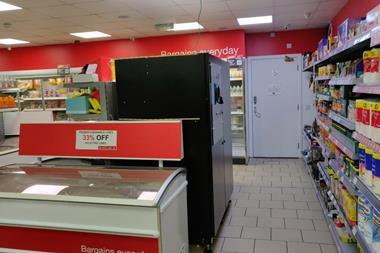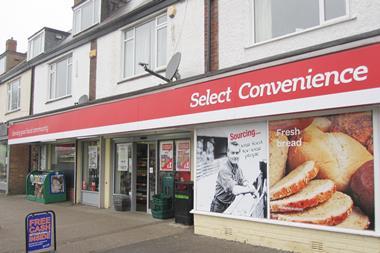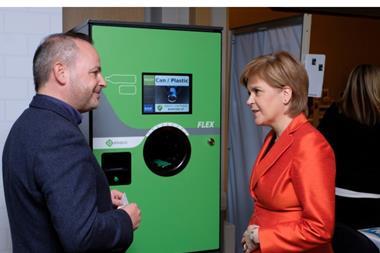ACS urges small store exemption for DRS plans in England

The Association of Convenience Stores has urged the government to exempt small stores from its proposals for a Deposit Return Scheme in England and to limit collection methods to Reverse Vending Machines.
ALREADY HAVE A REGISTERED USER ACCOUNT? PLEASE LOG IN HERE
To read the full story join the ConvenienceStore.co.uk community today!
Registration is quick and easy and provides access to:
- Unlimited ConvenienceStore.co.uk articles
- Our great range of newsletters
- Content you’ve saved for later via the ‘my library’ feature
And much more…































